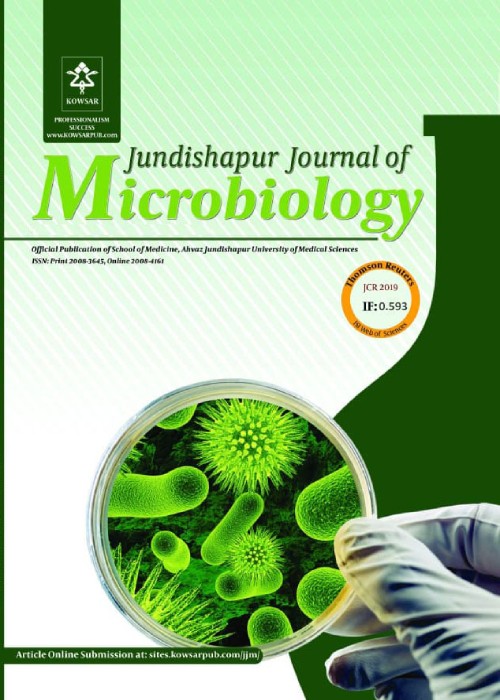Comparison of Sequencing and Phylogenetic Analysis of SARS-CoV-2 Spike Proteins Extracted from Patients and Travelers in Duhok-Iraq
SARS-CoV-2 is a single-stranded RNA virus and a member of a large family of Coronaviruses that are important human pathogens. This virus caused severe acute respiratory syndrome and was initially identified to be transmitted between humans on November 17, 2019.
To investigate the lineage, mutational patterns, variants, and serotypes of SARS-CoV-2 viruses circulating in the Duhok governorate population and to compare them with those identified in travelers crossing the border from Turkey in order to trace the epidemiological patterns.
Nasopharyngeal swabs were collected from 700 individuals living in Duhok and 700 travelers crossing the border to Duhok-Iraq from Turkey. The subjects were recruited by random sampling and questioned about demographic features and symptoms of upper or lower respiratory tract infections. Exclusion criteria included vaccination with COVID-19 vaccines of any approved previous infection. Samples were subjected to RT-PCR, and 30 positive samples with the highest viral load (lowest Ct values) were chosen for sequencing of the complete S gene by next-generation sequencing (NGS). Three platforms of Nextstrain, GISAID, and PANGO were used to identify variants, clades, and lineages and analyze sequences.
Out of 1400 participants, 353 (25.21%) positive samples were identified by RT-PCR, of which 30 representative positive samples (15 from each group: Patients and travelers) were sent for complete sequencing of the S spike gene using NGS. Nineteen samples were successfully sequenced and retrieved, including nine samples from Duhok residents and ten samples from travelers. Nextclade results revealed that 12 samples belonged to the delta strain (Pango lineages: B1.617.2.78, B1.617.2, B1.617.126, and B.1.617.121) distributed among the two groups while 5 omicron (BA.1.1) and 2 alpha (B.1.1.7) strains were found among travelers. A total of 76 mutations, including 52 non-synonymous, 16 synonymous, and 8 deletions, were detected without identifying a unique mutation. Sequencing results were submitted to GISAID, and accession numbers were obtained. A phylogenetic tree was constructed using the sequences obtained from Iraqi and non-Iraqi variants from GISAID.
The present research presents a description and observation of the genetic and epigenetic status of SARS-CoV-2 in Iraq based on sequencing results. The study revealed the impact of travels in introducing new variants to the country, including those with mutations in the S1 domain of the spike protein that can enhance viral attachment to receptors.
- حق عضویت دریافتی صرف حمایت از نشریات عضو و نگهداری، تکمیل و توسعه مگیران میشود.
- پرداخت حق اشتراک و دانلود مقالات اجازه بازنشر آن در سایر رسانههای چاپی و دیجیتال را به کاربر نمیدهد.


